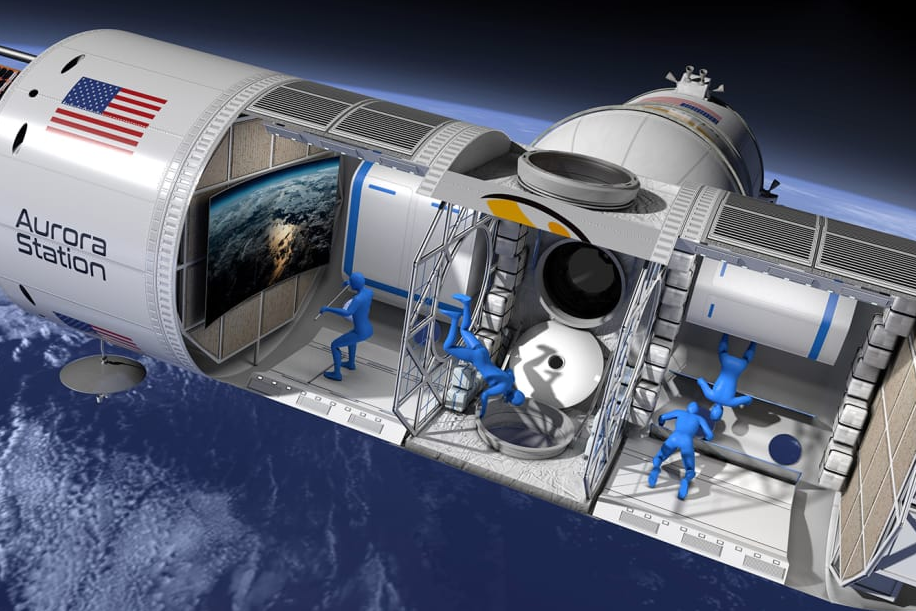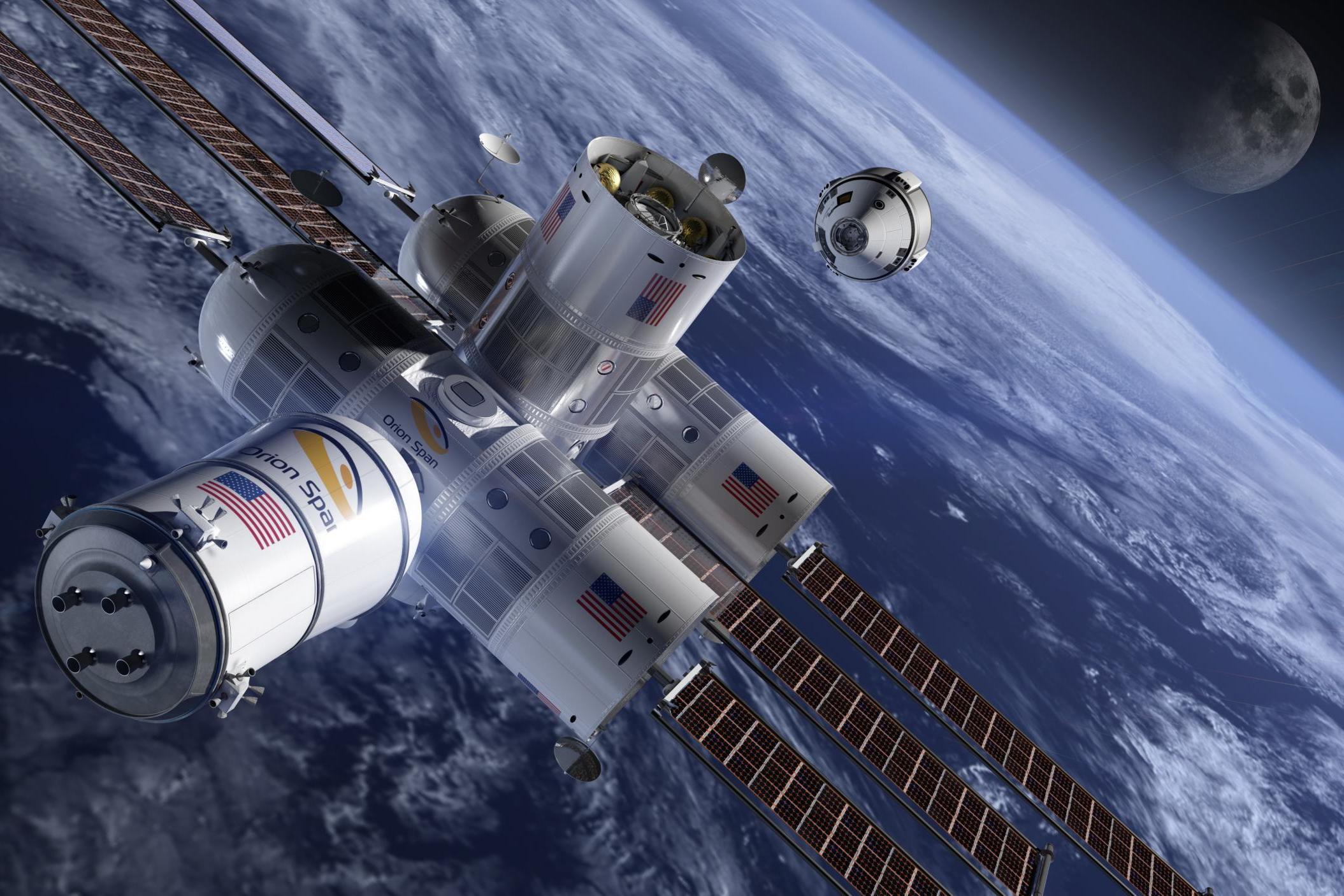Luxury space hotel set to launch costing £550,000 per night
The 12-day space adventure will host guests from 2022

Your support helps us to tell the story
From reproductive rights to climate change to Big Tech, The Independent is on the ground when the story is developing. Whether it's investigating the financials of Elon Musk's pro-Trump PAC or producing our latest documentary, 'The A Word', which shines a light on the American women fighting for reproductive rights, we know how important it is to parse out the facts from the messaging.
At such a critical moment in US history, we need reporters on the ground. Your donation allows us to keep sending journalists to speak to both sides of the story.
The Independent is trusted by Americans across the entire political spectrum. And unlike many other quality news outlets, we choose not to lock Americans out of our reporting and analysis with paywalls. We believe quality journalism should be available to everyone, paid for by those who can afford it.
Your support makes all the difference.A US company is working on a spacecraft which it describes as the “first luxury hotel in space”.
Orion Span, based in Houston, hopes to launch the Aurora Station in 2021 before greeting guests the following year. A two-person crew will accompany high paying customers, who will shell out more than £500,000 for the privilege of holidaying in space.
Based 200 miles above the Earth, the station promises an orbit “every 90 minutes” and “countless sunrises and sunsets”. Guests who stay on the vessel will enjoy unparalleled views of planet Earth, but at a steep cost. The 12-day trip begins at £6,709,470, which works out at around £559,123 a night.
Up to four guests can stay on any one trip (along with two crew) and must pay a £56,500 refundable deposit. The trip will be an intense journey, more akin to the life of a real astronaut than a holiday experience.
Speaking to the New Zealand Herald, Orion Span’s founder and CEO Frank Bunger said: “We’re not selling a hey-let’s-go-to-the-beach equivalent in space. We’re selling the experience of being an astronaut. You reckon that there are people who are willing to pay to have that experience.”
Guests on the spaceship will be considered an astronaut-in-training on Aurora Station, and will also experience Holodeck, a VR experience Orion Span says can only be enjoyed aboard the Aurora Station.
It also says those who do journey into space will contribute to “humanity’s destiny in the stars” through research which will aid the development of future colonies on Mars and the moon.
Nonetheless, pioneering space travellers will still be able to touch base with Earth. The station will supposedly have the fastest wireless internet access in space, allowing visitors to share their experiences with friends and family back home.
Orion Span has streamlined the traditional two-year training programme needed to go aboard a space station, shortening it to three months, with much of the training done online. Potential guests earn an Orion Span Astronaut Certification (OSAC), which provides a basic understanding of space flight, orbital mechanics and the pressurised environments in space. The OSAC app is set to launch next year, while in-person training will take place approximately three months prior to take off.

Those who make it aboard Orion Span will then complete their modular training during flight.
The company is now seeking investment from a variety of sources, and is hoping to obtain a contract with a launch provider.
The news comes after Richard Branson claimed we are “tantalisingly close” to seeing commercial space travel, following a successful Virgin Galactic test flight on Thursday 5 April.
The spacecraft was carried to an altitude of 46,500ft (14,173.2m) by its mother ship before being released over the Mojave Desert in California, USA.
Join our commenting forum
Join thought-provoking conversations, follow other Independent readers and see their replies
Comments